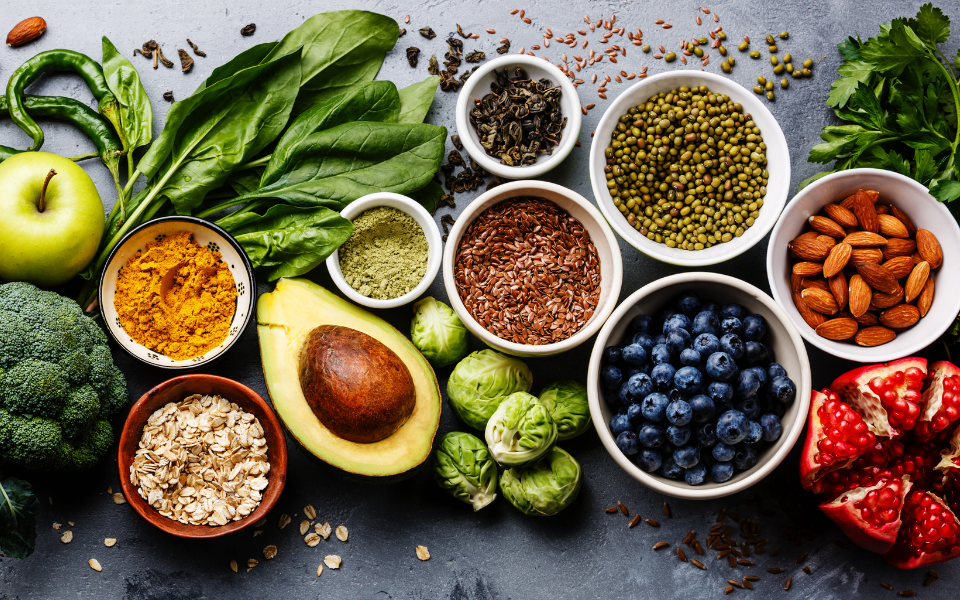
Living My Best Life by Lil Duval became a cultural anthem. Many felt empowered with the idea of not allowing people to “stress them out unnecessarily.” However, if stress can be avoided or managed, this is our primary goal for living a stress-less life. We all manage stress differently. Therefore, it is important to understand your triggers and how to effectively manage stress when it arises.
What is stress?
A 2018 Gallop survey asked Americans about their previous day’s experiences. The majority of Americans (55 percent) experienced stress throughout their day. Certainly, stress is a normal body function that occurs as a reaction to everyday life occurrences. When triggered, the brain activates the fight or flight response. As a result, a cascade of the chemicals epinephrine and cortisol are released. The quick rise in hormones enables a person to react quickly if in danger or by assisting to meet a deadline. Acute stress is short-term and the most commonly experienced. Examples of acute stress include simply being stuck in traffic or a child’s messy room. Chronic stress is more serious and can last for weeks. Examples include financial troubles or work-home-life imbalance.
The effects of stress
Constant epinephrine affects the cardiovascular system. Constricting blood vessels and arteries thereby increasing blood pressure. Cortisol, a stress hormone becomes elevated which contributes to increased appetite, inflammation; increased blood sugar and fat storage.
Five signs of stress
1. Heart palpitations or chest pain
2. Muscle tension
3. Headaches or migraines
4. Anxiety and depression
5. Upset stomach
Foods that decrease stress

Eat foods that are nutritious to the body. As a result, it will nourish the cells and act as a defense versus an attack. Try eating magnesium-rich foods like green leafy vegetables and spinach or kale. Dark chocolate is also a good alternative for reducing stress while satisfying sweet cravings.
Magnesium can relax the body, reduce headaches and improve sleep. Omega 3 rich foods: include salmon, walnuts, and flaxseeds. These foods help to reduce the stress hormone cortisol and they also reduce the risk of heart disease.
- Drink Water: Staying hydrated is essential for decreasing cortisol levels, and our bodies are 70 percent water.
- Avoid CRAP: Carbonated drinks, refined sugar, artificial sweeteners, and processed foods. For many, these foods are comforting and satisfy immediately. On the other hand, a temporary fix may cause you to feel worse later.
Natural ways to reduce stress
- Breathing techniques: Inhale through your nose and out through your mouth.
- Exercise and yoga: Rid tension and releases endorphins.
- Meditation: Relaxation response.
- Positive affirmations: “I am strong, I am stress-free and I am at peace,” (make them your own).
- Journaling: For a cathartic release of emotions and feelings.
- Chiropractic or acupuncture treatment: May release stored tension.
The remedies recommended here are all great alternatives for coping with stress management. Most importantly, talk with your health care provider if you’re unable to manage stress alone. Above all, recognize your triggers, choose your best coping mechanism and do the work daily for best results.
Finally, you got this; now go live your best stress-less life.















